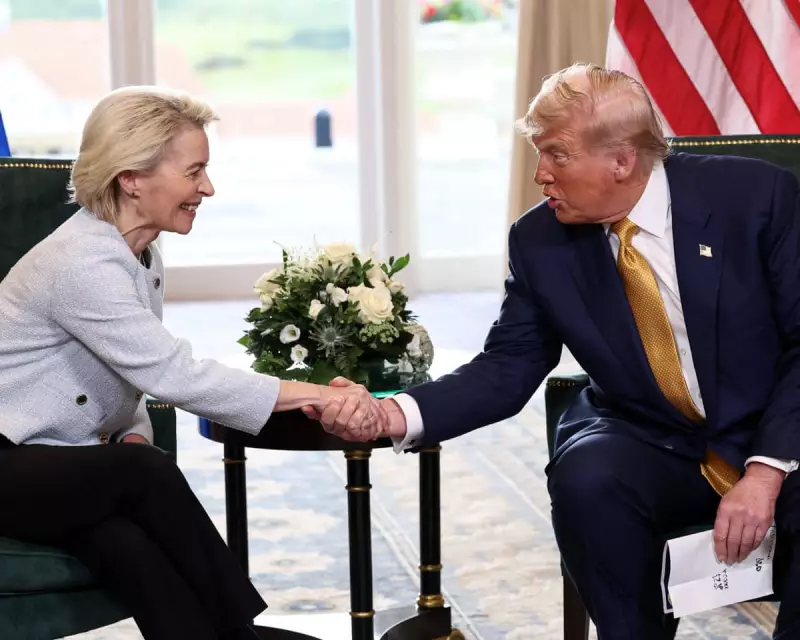
The freshly inked US-EU trade agreement has ignited fierce debate across Europe, with French Prime Minister Gabriel Attal leading the charge against it. In a strongly worded statement, Attal described the pact as a "dark day for Europe," raising alarms over potential threats to the continent's economic independence.
Why is France so opposed?
The deal, which promises to streamline commerce between the two economic powerhouses, has met particular resistance in Paris. Critics argue it could:
- Undermine European regulatory standards
- Give American corporations undue influence
- Weaken protections for European industries
What's in the agreement?
While full details haven't been made public, sources suggest the agreement focuses on:
- Reducing tariffs on key goods
- Harmonising some product standards
- Facilitating digital trade
The controversy comes at a delicate time for EU-US relations, with ongoing disputes over technology transfers, agricultural practices, and data privacy still unresolved. European officials remain divided, with some member states welcoming the economic opportunities while others share France's concerns about sovereignty.
What happens next?
Analysts predict tough negotiations ahead as the deal moves toward ratification. The French government has already signalled it may push for significant amendments or even attempt to block the agreement entirely through EU mechanisms.





